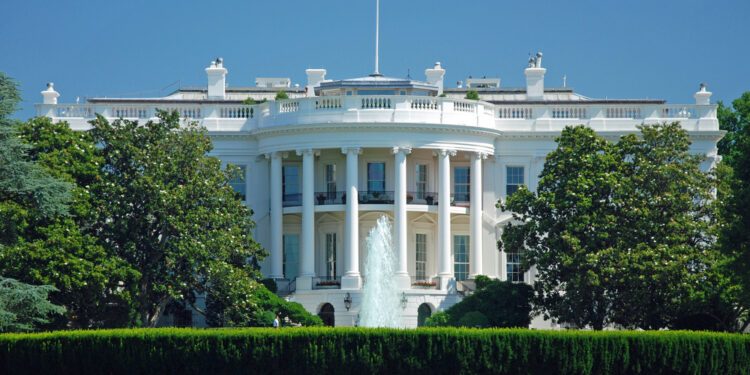WASHINGTON D.C. – The 2023 White House Tribal Nations Summit was held Dec 6 and Dec. 7 in Washington D.C. During the summit President Joe Biden signed an executive order that gave tribes more control over how they use federal funding.
The order will require federal agencies to make sure access to federal funds is accessible, flexible, and equitable. One of the key features is that it gives deference to tribal decision making in administering the funds. The order also created the Tribal Access to Capital Clearinghouse, an online database of federal funding opportunities for tribes and Native businesses.
In addition to increasing areas of self-determination in funding and finances, Secretary of the Interior Deb Haaland announced during the summit final regulations to improve the implementation of the Native American Grave Protection and Repatriation Act (NAGPRA). For example, the final rule specifically eliminates the “culturally unidentifiable” loophole museums and institutions often use to refuse consultation and repatriation.
In remarks during the summit, President Biden said, “It’s hard work to heal the wrongs of the past and change the course and move forward. But the actions we’re taking today are key steps into that new era of tribal sovereignty and self-determination — a new era, grounded in dignity and respect, that recognizes your fundamental right to govern and grow on your own terms. ”
Time for dialogue and exchange
While the EO and accompanying 2023 Progress Report for Tribal Nations details progress in federal policies towards tribes, the specifics of how they will affect Muscogee (Creek) people and MCN policies and programming is too early to tell. According to MCN Press Secretary Jason Salsman, the office of the Principal Chief is still reviewing the various orders, changes to funding opportunities, and policies announced during the summit.
In a statement to Mvskoke Media, Salsman clarified, “The value of the Tribal Nation Summit is that they’re just having it. So the fact that they’re having them again, they’re having tribes up to Washington for the summit for listening sessions and they’re talking about things, there’s panelists discussing things that are touching tribes such as, fentanyl overdoses, how we’re growing, and what we need and how the ARPA funds have helped and, you know, just all kinds of things that are sort of a give-and-take feedback…we’re telling you what we still need from the government. Are you fulfilling your trust responsibilities? Are you falling short? And so it’s a listening session but it’s also a feedback session as well so it’s nice to be able to have that again at the White House. We hope that it can continue with whoever’s office.”
The summit is organized by the White House Council on Native American Affairs (WHCNAA) which was established in 2013 by then President Barack Obama. The WHCNAA was reestablished by President Biden, this year marks the third summit of his inauguration.
According to the White House, “The Summit represents the President’s commitment to strengthening the Nation-to-Nation relationships the United States has with tribal nations by bringing tribal leaders and top administration officials together to discuss the most important issues facing Tribal communities.”





